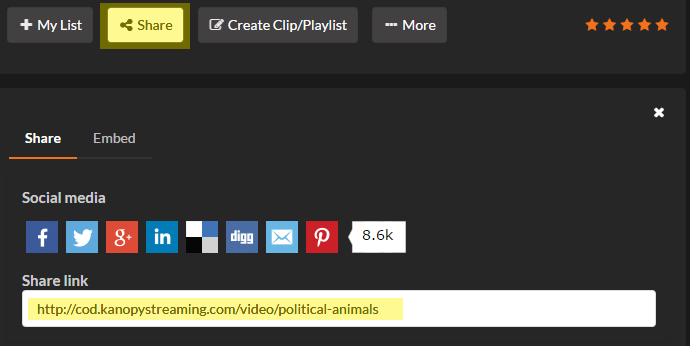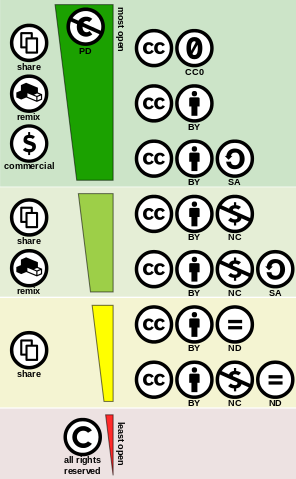Resources for Teaching
Digital Resource Center
"This Digital Resource Center is all about sharing the accumulating wisdom and materials of the News Literacy teaching community, which works to strengthen democracy by teaching students to pluck reliable information from the daily media tsunami."
http://drc.centerfornewsliteracy.org/
Center for Media Literacy
"Through the years, CML has not only advocated for media literacy education, but also designed, developed, implemented and evaluated resources for educators and communities to comprise the CML MediaLit Kit™. CML’s framework for media literacy is now evidenced-based, with a peer-reviewed longitudinal study by UCLA."
http://www.medialit.org/educator-resources
Stony Brook University's News Literacy Course
The full News Literacy course, developed at Stony Brook University, organizes the material into 8 concepts that are spread amongst our 14 week course that take students from the first information revolution of Johannes Gutenberg's printing press to the Digital Age of Mark Zuckerberg's Facebook. Each lesson stands alone or can easily be integrated into your program.
http://drc.centerfornewsliteracy.org/course-pack
The Ultimate Critical Thinking Guide
A Who-What-Where-When-Why-How infographic guide to asking the questions that matter when engaging with new information.
https://blog.education.nationalgeographic.com/2017/01/20/12-things-we-le...
Studies
Evaluating Information: The Cornerstone of Civic Online Literacy
Executive Summary of the 2016 report released by the Stanford History Education Group (SHEG) showing students' inability to reason about information they see on the internet.
https://sheg.stanford.edu/upload/V3LessonPlans/Executive%20Summary%2011....
Truth Be Told: How Students Evaluate and Use Information in the Digital Age
A 2010 report from Project Information Literacy showing, among other things, that while students are frequent evaluators of information found on the Web and take little at face value, they overwhelmingly tend to turn to friends and family members for help evaluating information for personal use.
http://www.projectinfolit.org/uploads/2/7/5/4/27541717/pil_fall2010_surv...
Promoting Civil Discourse Through Search Engine Diversity
doi: 10.1177/0894439313506838
A 2013 paper that focuses on increasing exposure to varied political opinions with a goal of improving civil discourse. Findings show that people who were shown more diverse results continued reading more diverse results and overall became more interested in news.
With Facebook, Blogs, and Fake News, Teens Reject Journalistic “Objectivity”
doi: 10.1177/0196859912458700
A 2012 article examining the news behaviors and attitudes of high school students. The results reveal changing ways news information is being accessed, new attitudes about what it means to be informed, and a youth preference for opinionated rather than objective news.




 GrantSpace offers information and resources that are specifically designed to meet the needs of nonprofits worldwide. Look under
GrantSpace offers information and resources that are specifically designed to meet the needs of nonprofits worldwide. Look under